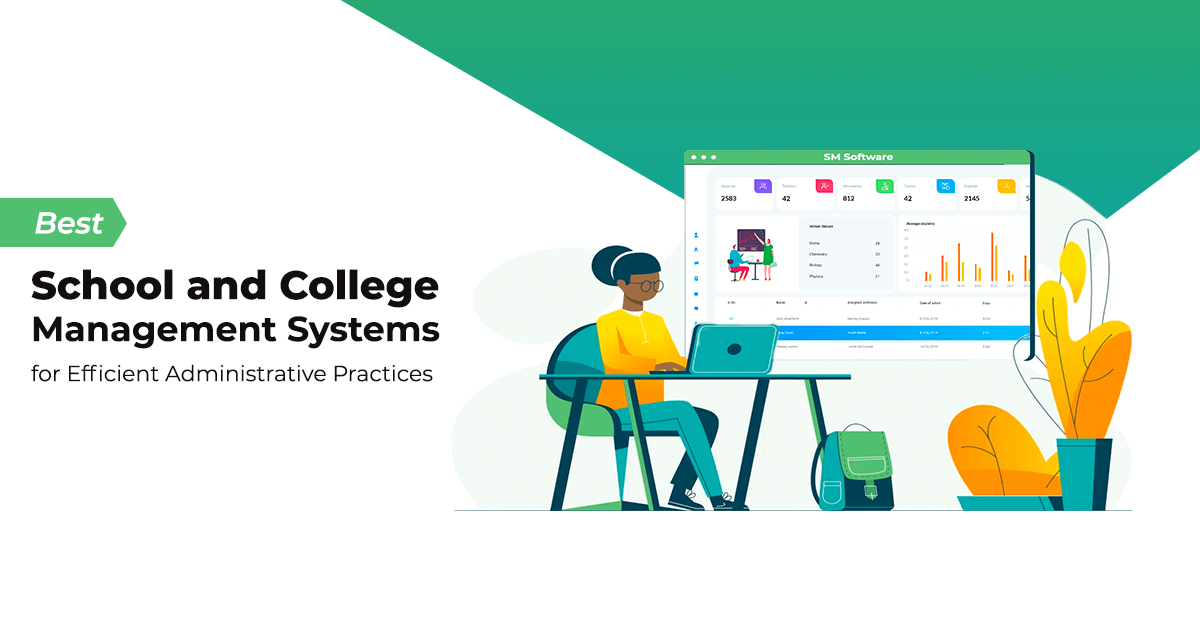Table of Contents
Introduction: The Shift to Online Education
This guide provides comprehensive path for effectively manage school or college in online mode. It covers strategies and best practices for educators, administrators, and students navigating the challenges and opportunities of remote learning. Topics include leveraging digital platforms, optimizing student engagement, implementing effective teaching methodologies, ensuring academic integrity, and establishing robust technological infrastructure. Additionally, it explores the importance of teacher training, the role of communication and collaboration tools, and the significance of online assessments in maintaining academic standards.
Understanding the Challenges for Manage School or College in Online Mode
1. Adapting to the Virtual Classroom Environment
The transition from traditional classroom settings to online platforms can present various challenges. Students and educators must acclimate themselves to this new environment, mastering the use of technology while maintaining an engaging learning atmosphere.
2. Technological Requirements and Accessibility
Access to stable internet connections and suitable devices is pivotal. Addressing technological barriers ensures equal opportunities for all students to participate actively in online classes and access educational resources seamlessly.
3. Time Management and Self-Discipline
Managing time effectively and cultivating self-discipline are crucial skills for successful online learning. The absence of a physical classroom environment demands a higher level of personal responsibility and self-motivation.
Strategies for Effective Online Management
1. Establishing a Structured Routine
Creating a well-defined daily schedule helps students and educators maintain consistency and productivity. Allocating specific time slots for learning, breaks, and extracurricular activities fosters a sense of routine.
2. Utilizing Educational Platforms and Tools
Leveraging educational platforms and digital tools optimizes the learning experience. Interactive applications, multimedia resources, and collaboration tools enhance engagement and facilitate comprehensive understanding.
3. Communication and Collaboration Techniques
Clear and frequent communication between students, educators, and parents is pivotal. Employing various communication channels and collaborative methods fosters a supportive and interactive online learning community.
Nurturing Engagement and Participation
1. Interactive Learning Approaches
Implementing interactive learning methodologies, such as group discussions, quizzes, and multimedia presentations, enhances student engagement and encourages active participation.
2. Encouraging Active Involvement
Encouraging students to contribute ideas, ask questions, and engage in discussions fosters a vibrant learning atmosphere. Active involvement promotes critical thinking and a deeper understanding of the subject matter.
Overcoming Obstacles and Addressing Concerns
1. Dealing with Technical Glitches and Connectivity Issues
Technical difficulties are inevitable in the online environment. Having contingency plans and offering technical support can mitigate disruptions caused by glitches and connectivity issues.
2. Supporting Mental and Emotional Well-being
Acknowledging the emotional toll of remote learning and providing emotional support is essential. Encouraging self-care practices and offering counseling services can help students and educators cope with stress and anxiety.
Conclusion
Navigating the realm of online education requires a multifaceted approach that addresses technological, organizational, and emotional aspects. Effective management strategies play a pivotal role in ensuring a successful online learning experience for both students and educators.
Read More: manage School or College in online mode, How to manage School or College in online mode
Frequently Asked Question (FAQ)
-
How can students adapt to the virtual classroom environment effectively?
Students can adapt by familiarizing themselves with the online platform, actively participating in discussions, and managing their time efficiently.
-
What are some tools that aid in online education management?
Educational platforms like Zoom, Google Classroom, and interactive learning apps enhance the online learning experience.
-
How can educators encourage engagement in online classes?
Encouraging interactive activities, using multimedia resources, and fostering a participative learning environment boosts engagement.
-
How can schools support students facing technical difficulties during online classes?
Schools can provide technical assistance, alternate resources, and ensure accessibility for all students facing tech issues.
-
What measures can be taken to address mental health concerns in online learning?
Schools should offer counseling services, promote self-care practices, and create a supportive community to address mental health issues.

